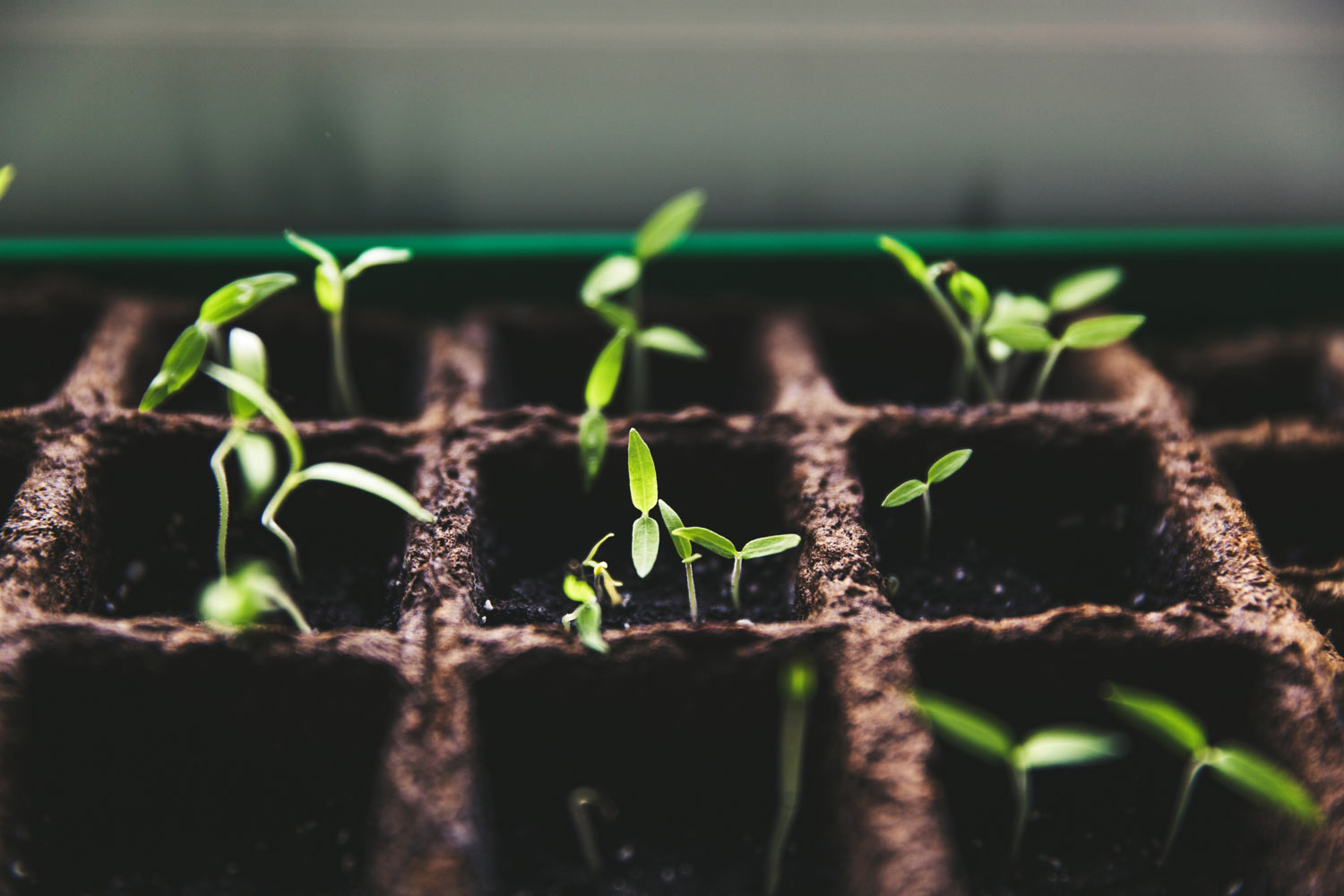The Seattle School fosters an ongoing relationship with St. Luke’s Episcopal Church in Ballard, as a reflection of our desire to dream up new visions of what it means to be the Church, and as part of our larger mission: people to be competent in the study of text, soul, and culture in order to serve God and neighbor through transforming relationships. Here, Kate Davis (MDiv ‘15), who works as Academics Project Manager and has helped shepherd this partnership, reflects on her journey with St. Luke’s and what it is teaching her about the Kingdom of God.
When I first walked up to St. Luke’s, I noticed the litter, and yes, the needles left as a symptom of addiction. I nodded to a few men sitting near their backpacks, their only possessions contained therein. I navigated the maze of buildings in need of maintenance, searching for the main offices.
And I thought, as any sane person might, What am I doing here?
It wasn’t a question born out of a concern for my safety or career goals. It was a question of competence—what could I possibly have to offer a community that clearly has such deep need in such a variety of areas?
St. Luke’s had experienced a split a few years ago. When the current priest, Canon Britt Olson, arrived in spring of 2015, there were a dozen parishioners left. Mostly women, mostly in their 80s. When she arrived, the lights were about to be turned off, and there wasn’t much money in the account. Her third day on the job, a retaining wall collapsed onto the sidewalk due to lack of upkeep.
I arrived summer 2016 to fulfill an ordination requirement. My first weeks, my only goal was to listen. I heard the stories of the women who had stayed—the “faithful revenant,” as Britt likes to call them. (I’ve come to think of them as the Many Mothers a la Mad Max: Fury Road.)
I listened to how bad things were in the years following the split. I heard about how much things had improved under Britt’s leadership. I learned about the many thriving ministries taking place on this campus. These women had stayed during the split to keep the meals ministry going—they serve breakfast every weekday morning (last summer, to 120 people; now, 200). The day the previous congregation was moving out of the sanctuary, some of the women were breaking ground to start a community garden that now provides vegetables to the breakfast program, garden plots to the community, and flowers to the neighbors. Also on campus are a shelter run by SHARE, a clothing bank run by Quest Church, an anabaptist church plant, a therapeutic arts ministry. And of course, S.t Luke’s own small worship service—about 40 members when I arrived (now, incredibly, over 100).
There seemed to be little left for me to offer.
But there was one ministry that seemed to be without a lead: the residence interns. They live in buildings owned by the church for at-cost rent (it covers utilities and taxes) in exchange for five hours of service each week. The interns live in houses on a campus that is known as a center of resource and rest for homelessness—they live amongst homelessness. The two who remained were passionate about their work, but frustrated, isolated, and under-resourced.
My work became to change that, to make it into a program that helps people develop in their passions and thrive in their work.
In just a year, the most necessary house repairs are completed, and we have a system to address problems when they come up. The two women who had been living there were joined by three others, also students of The Seattle School as part of this shared program, also passionate about social justice and loving their community. It’s been my deep honor to get to witness them form community with one another, find service projects that are meaningful to their passions, and discern how they might deepen those projects in connection to their vocation.
Reflecting back on the last year, I must reflect back on that first question. What am I doing here?
I’m participating in the coming of the Kingdom of God.
It’s more mundane than I ever thought it would be—it’s watching a mustard plant slowly take over your herb garden. And it’s also more beautiful, hopeful, tragic, exciting, invigorating, heartbreaking, and joyful than I could have imagined.

